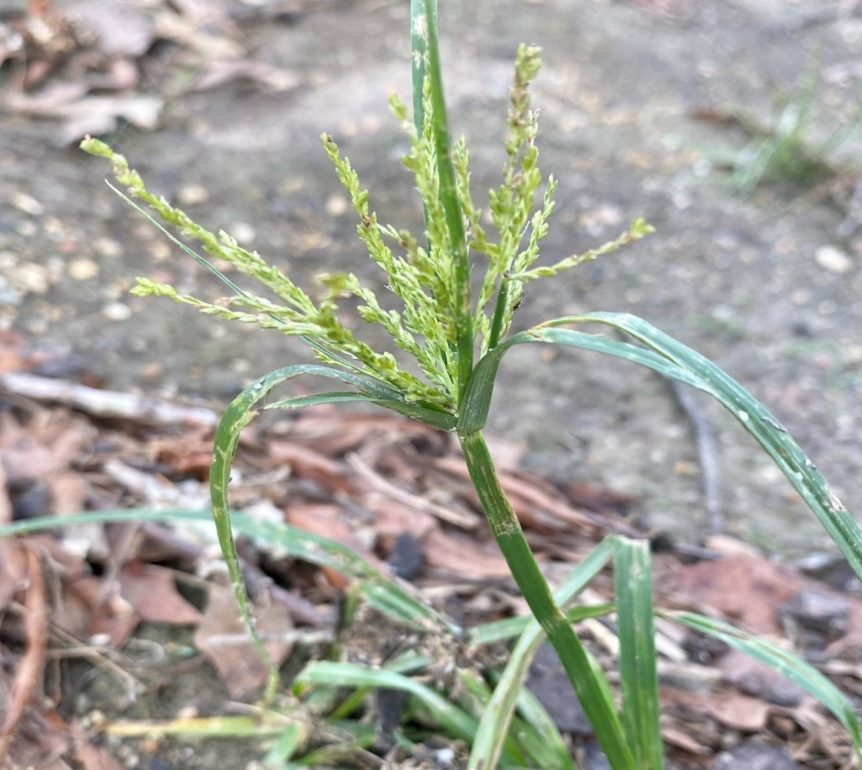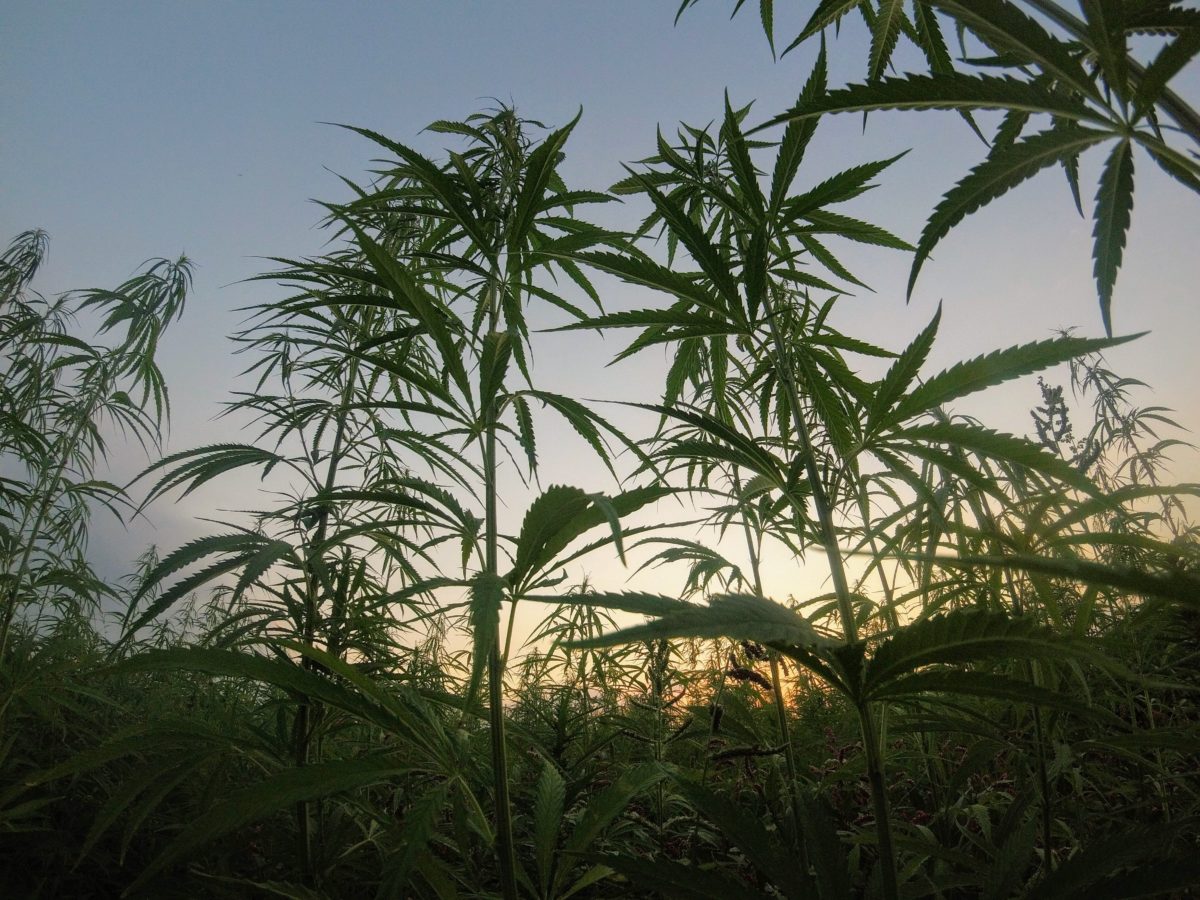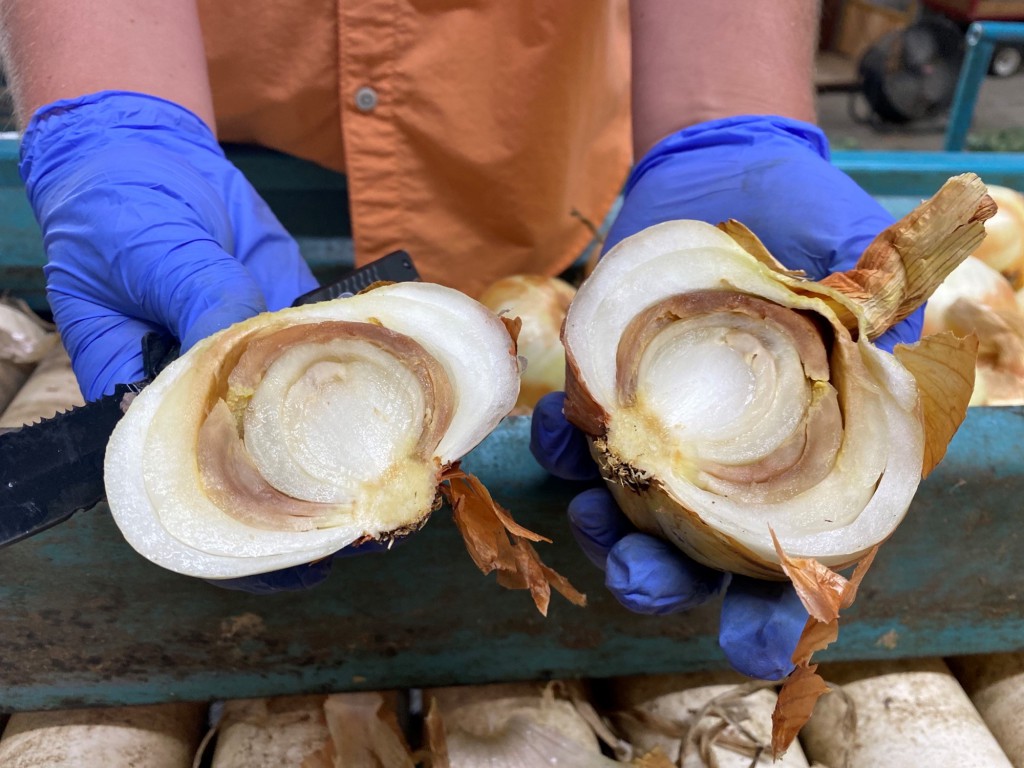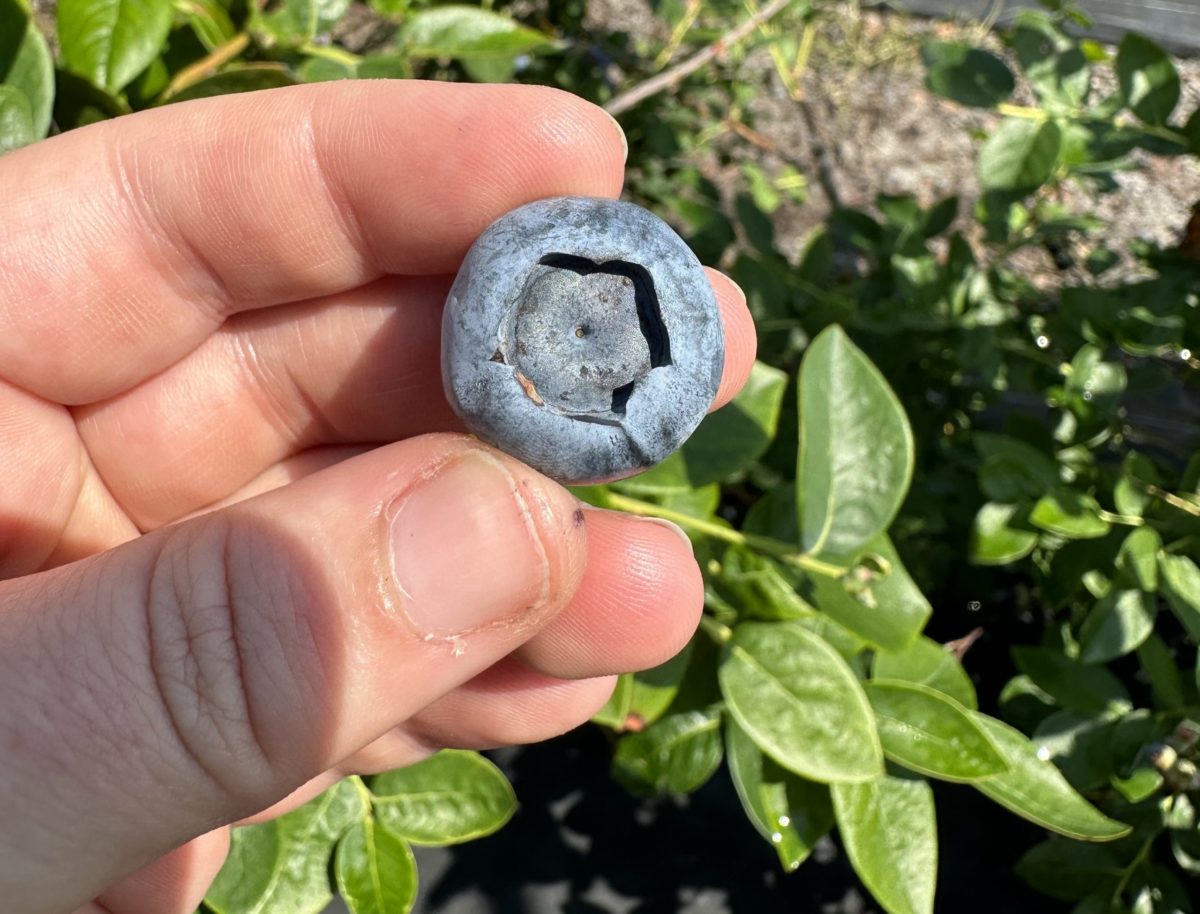Acadian Plant Health (APH) is the largest independent marine plant harvesting, cultivation, and extraction company in the world, and an international leader in sustainable, science-based biological solutions for crops. A team of researchers with Acadian closely studied the effects of Ascophyllum nodosum-based bio-stimulants and how they increase resilience against environmental stresses. Dr. Holly Little, Director of Research and Development, speaks with …
Georgia Citrus Growers to Vote on Marketing Order to Fund Research
Georgia’s citrus industry started with the help of University of Georgia (UGA) Extension. Research assistance from UGA could help the industry flourish. Georgia citrus growers will have an opportunity to vote on a marketing order that will help fund potential research, explains Ken Corbett, chairman of the Georgia Agricultural Commodity Commission for Citrus Fruits and a producer at Corbett Brothers …
Nutsedge Management in Vegetable Plasticulture Production
By Ruby Tiwari and Ramdas Kanissery Yellow nutsedge (Cyperus esculentus) and purple nutsedge (Cyperus rotundus) are perennial weeds that resemble grass. They commonly appear in raised bed vegetable plasticulture systems every year. These weeds spread and reproduce through rhizomes, bulbs and small tubers called nutlets. Just one tuber can generate hundreds of shoots, forming a dense patch that can span …
Improving Yields and Traits in U.S. Hemp Crops
Two research grants will help improve domestic hemp production in the future. The Foundation for Food & Agriculture Research’s (FFAR) Hemp Research Consortium provided two grants totaling $1.17 million to Cornell University to support a breeding program aimed at cultivating hemp for grain, fiber and CBD production in U.S. growing regions. Consortium partners contributed matching funds for a total investment …
$3.2 M USDA Grant: CAES Leads Research to Improve Organic Onion Production
A team of researchers from the University of Georgia (UGA) College of Agricultural and Environmental Sciences (CAES) is partnering with colleagues from Texas A&M University to find more effective production practices for organic onion growers in the southern United States where short-day onions — those that bulb with 11 to 12 hours of sunlight each day — are primarily grown. …
It Is Time to Talk About Quality
By Gerardo H. Nunez Long gone are the days when blueberries were a seasonal product. Nowadays, blueberries are available at the grocery store year-round thanks to innovations in plant breeding and a flood of imported fruit. This is changing the scenario for blueberry growers in the Southeast. Suddenly, growing fruit for the early spring market is not enough. The market …
UF/IFAS Using AI to Apply Herbicides More Efficiently
By Clint Thompson One University of Florida Institute of Food and Agricultural Sciences (UF/IFAS) researcher is using artificial intelligence (AI) to apply herbicides more efficiently. Nathan Boyd’s research will help growers to not make chemical applications where they are not needed. “We use artificial intelligence that we’ve trained to differentiate. You could train it to differentiate species. We’ve decided that’s …
UF/IFAS MREC Looks for Growth Under New Leadership
By Clint Thompson The University of Florida Institute of Food and Agricultural Sciences Mid-Florida Research and Education Center (MREC) has a new director, and it is a win for Florida’s ornamental horticulture industry. Rob Gilbert, interim senior vice president at UF/IFAS, talked about the appointment of Kirsten Pelz-Stelinski, previously the associate center director at the UF/IFAS Citrus Research and Education …
UF/IFAS Conducted More Than $300 million in Research for Historic Fiscal Year 2023
The University of Florida Institute of Food and Agricultural Sciences (UF/IFAS) reached a new record for fiscal year 2023 with more than $300 million in research expenditures. This number is up 8% from last year’s $278 million. UF/IFAS is the second-largest contributor to UF’s record-breaking $1.25 billion in research spending for fiscal year 2023, a nearly 15% increase from 2022. …
U.S. Specialty Crop Coalition Endorses Legislation Addressing Research, Nutrition and Trade
The Specialty Crop Farm Bill Alliance (SCFBA), a national coalition of more than 200 specialty crop organizations representing growers of fruits, vegetables, dried fruit, tree nuts, nursery plants and other products, endorsed legislation that would address major priorities tied to research, nutrition and trade laid out in the group’s 2023 Farm Bill recommendations: “The Specialty Crop Farm Bill Alliance has …















